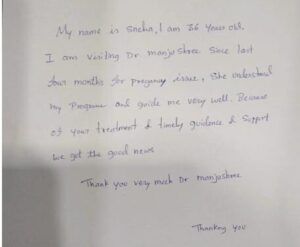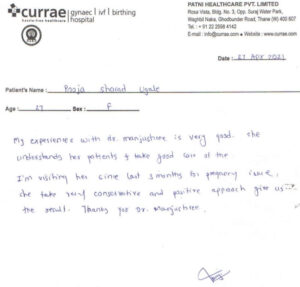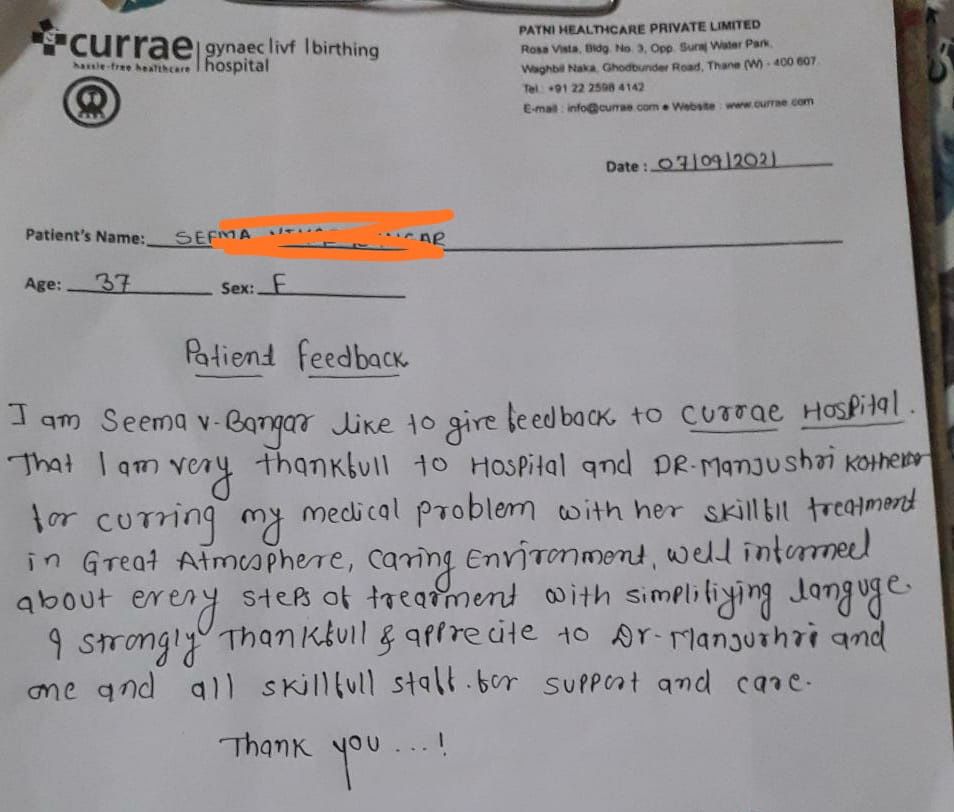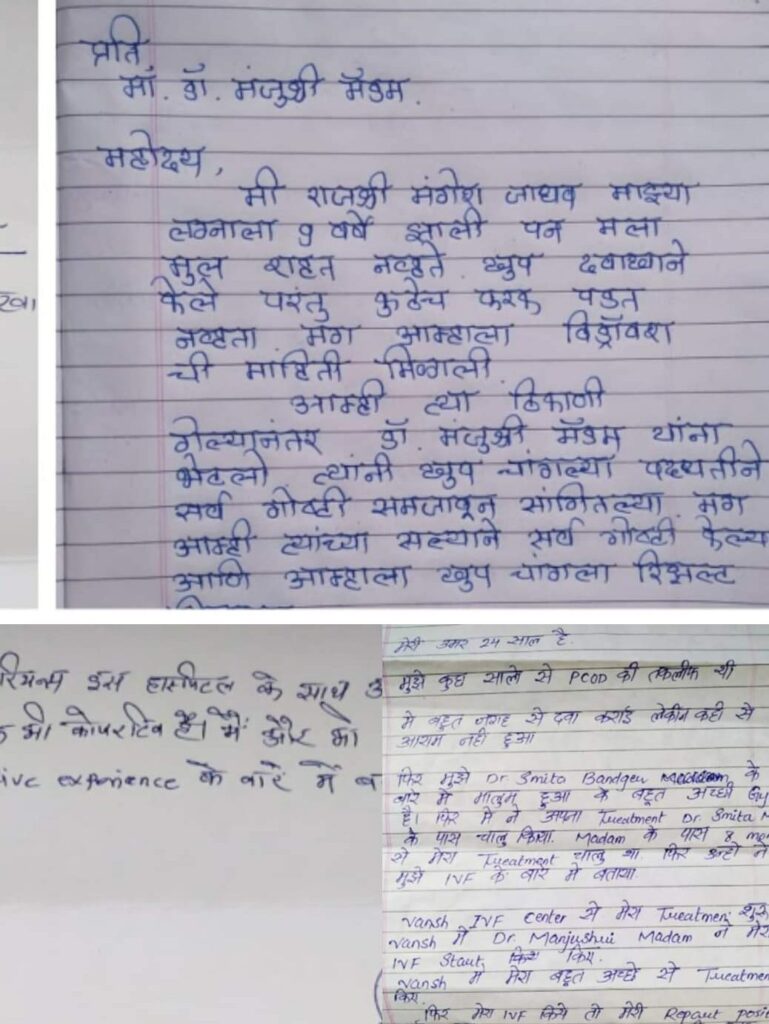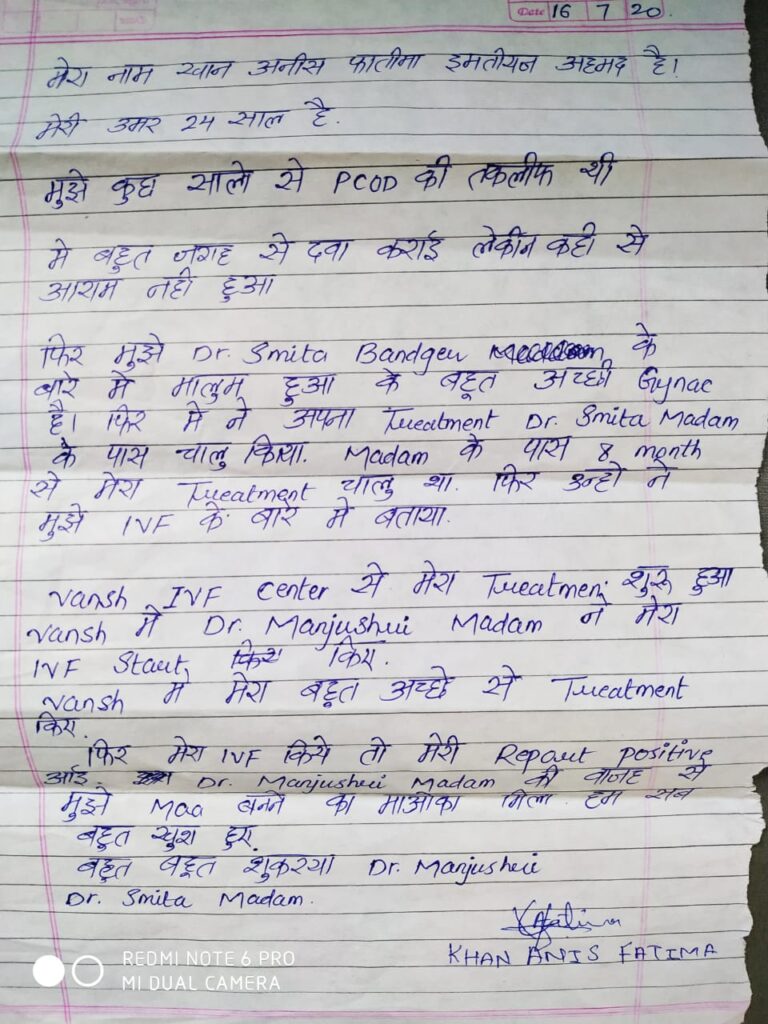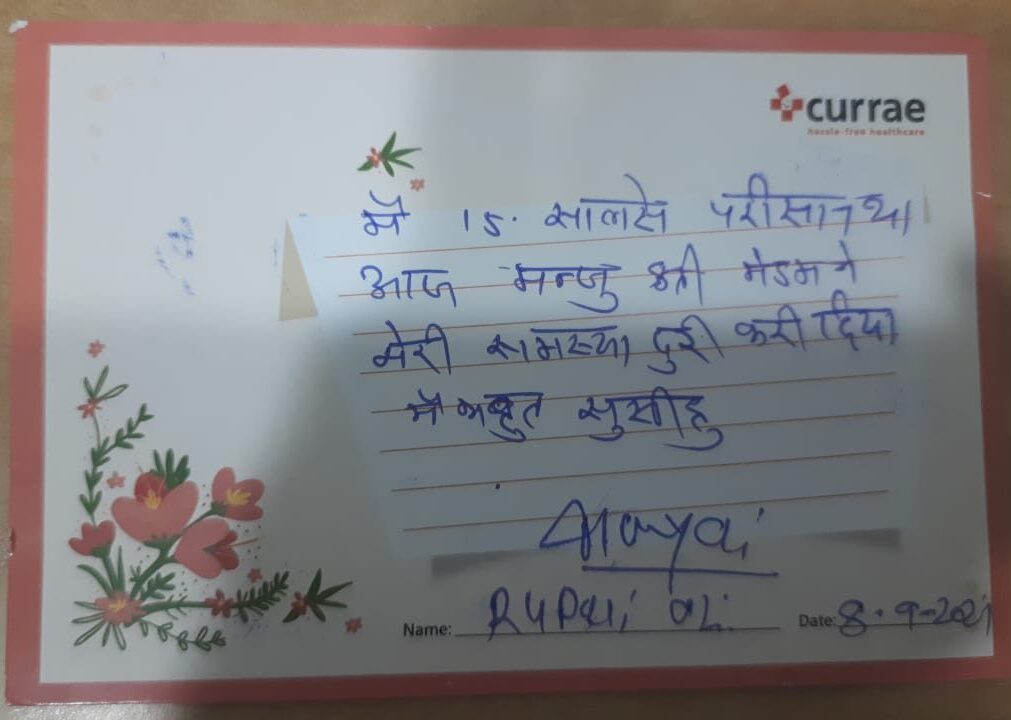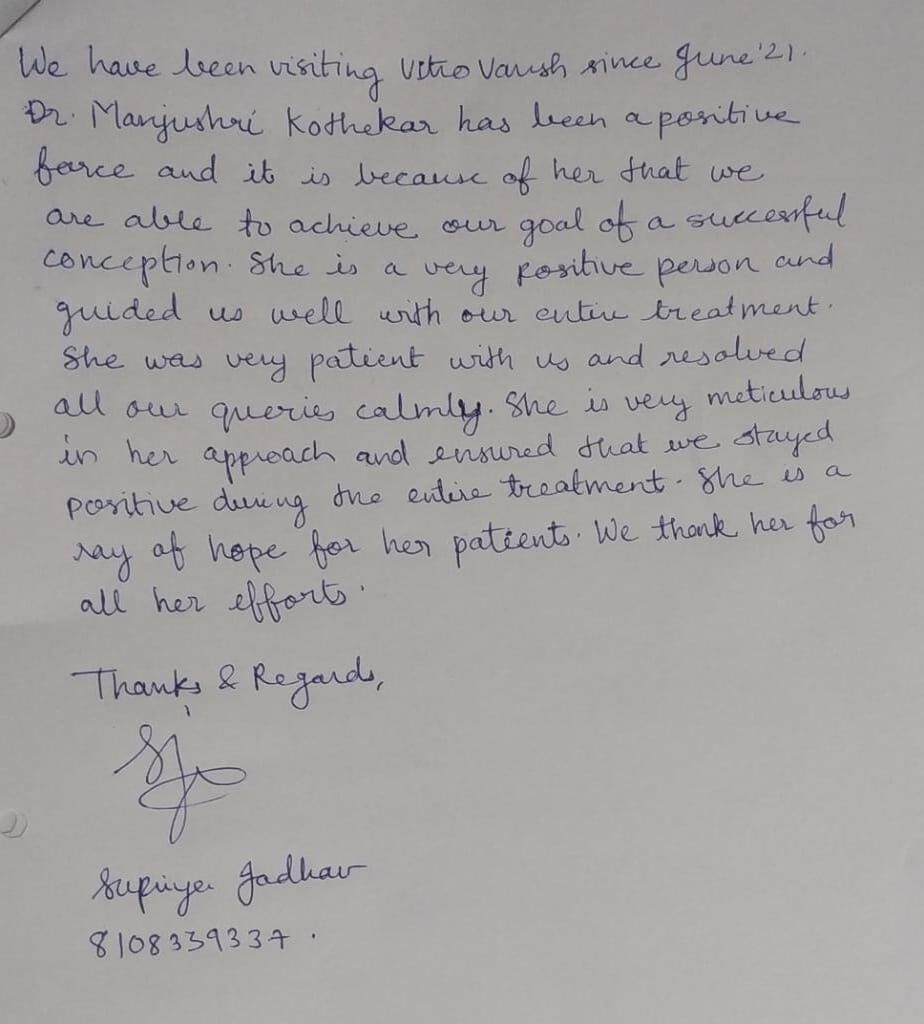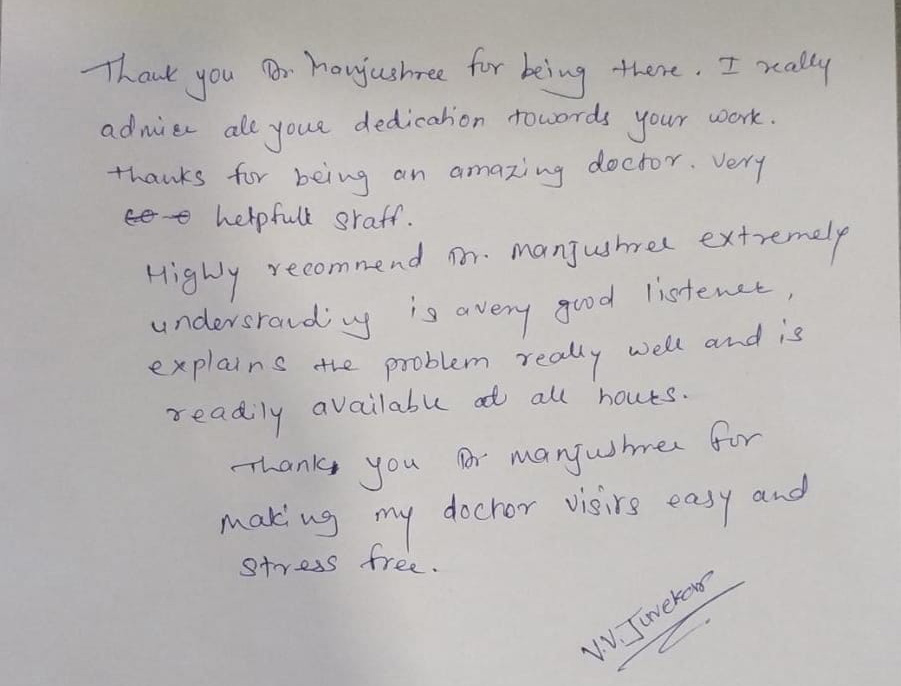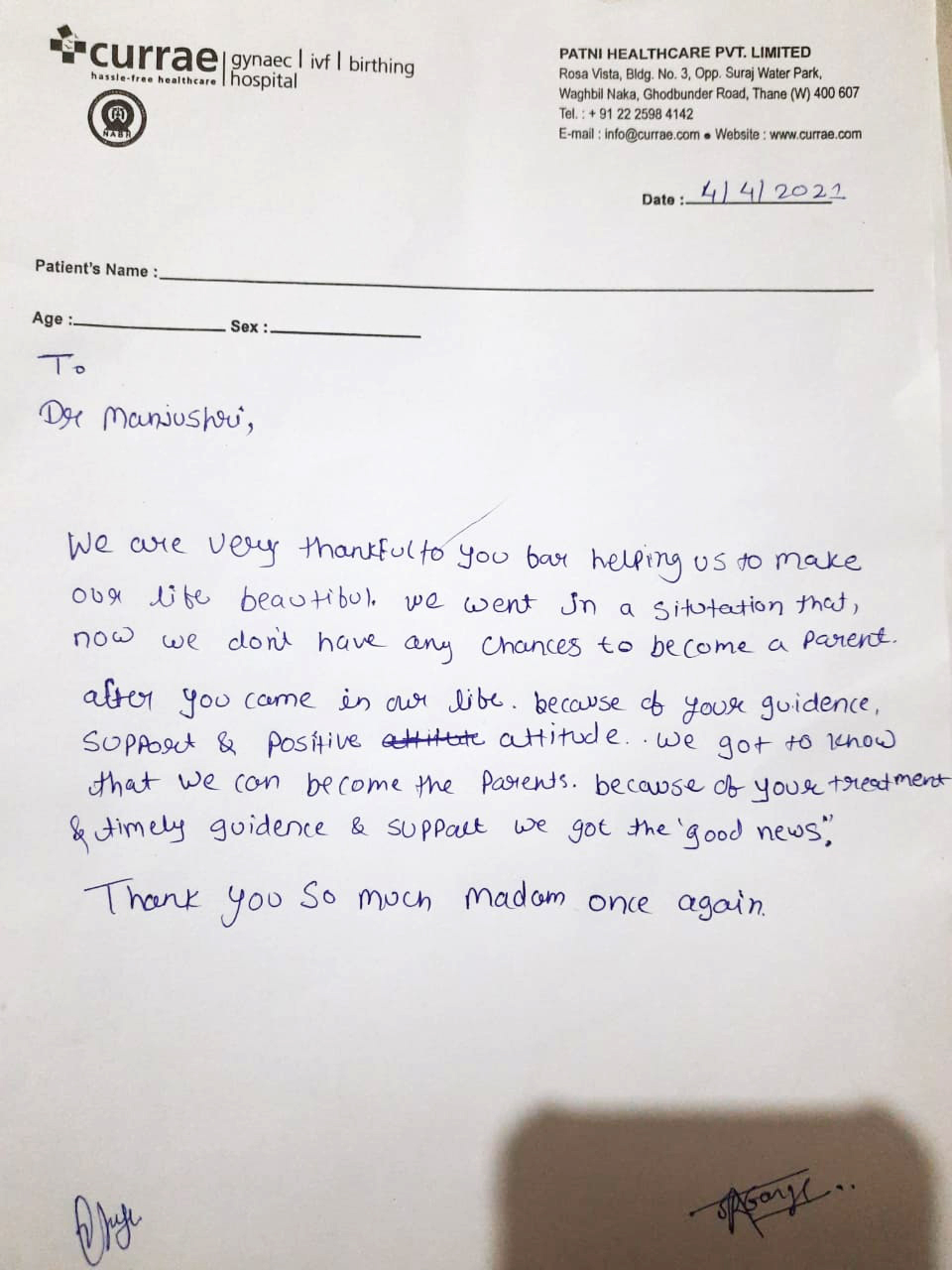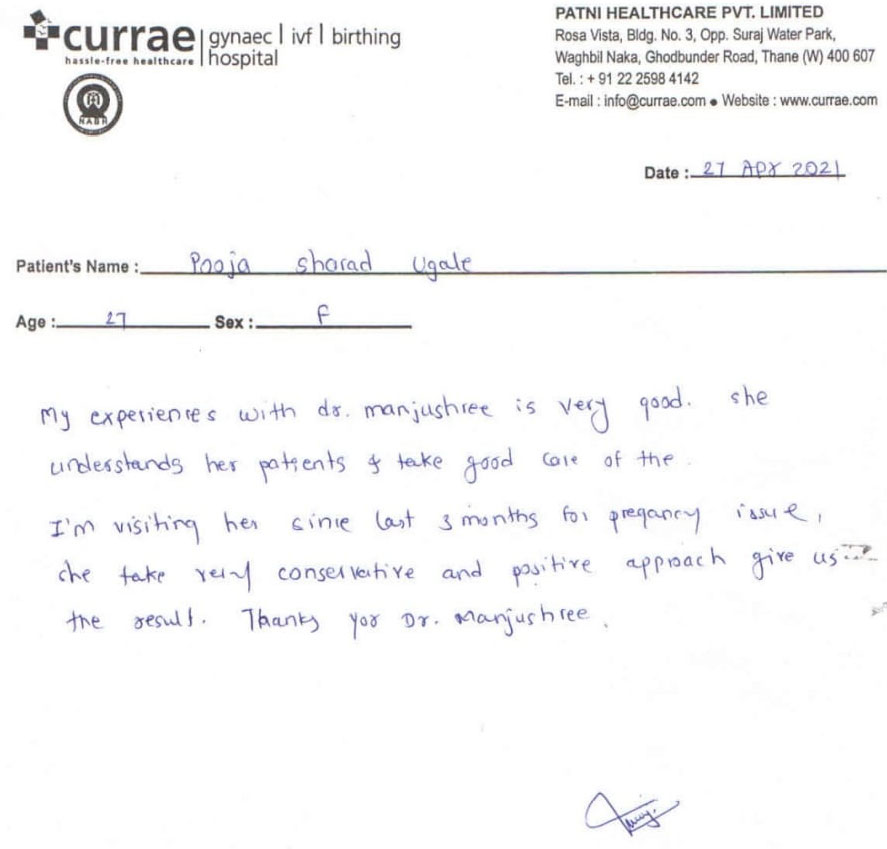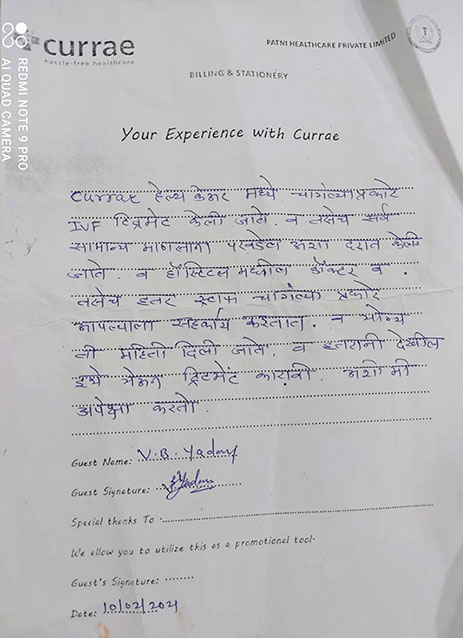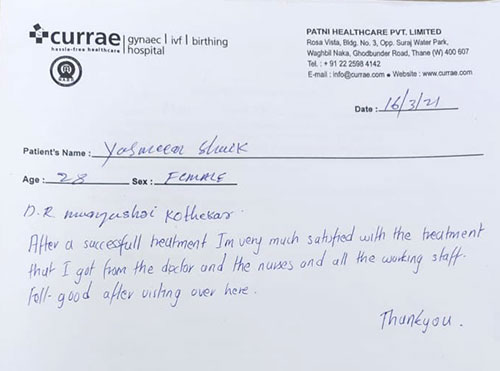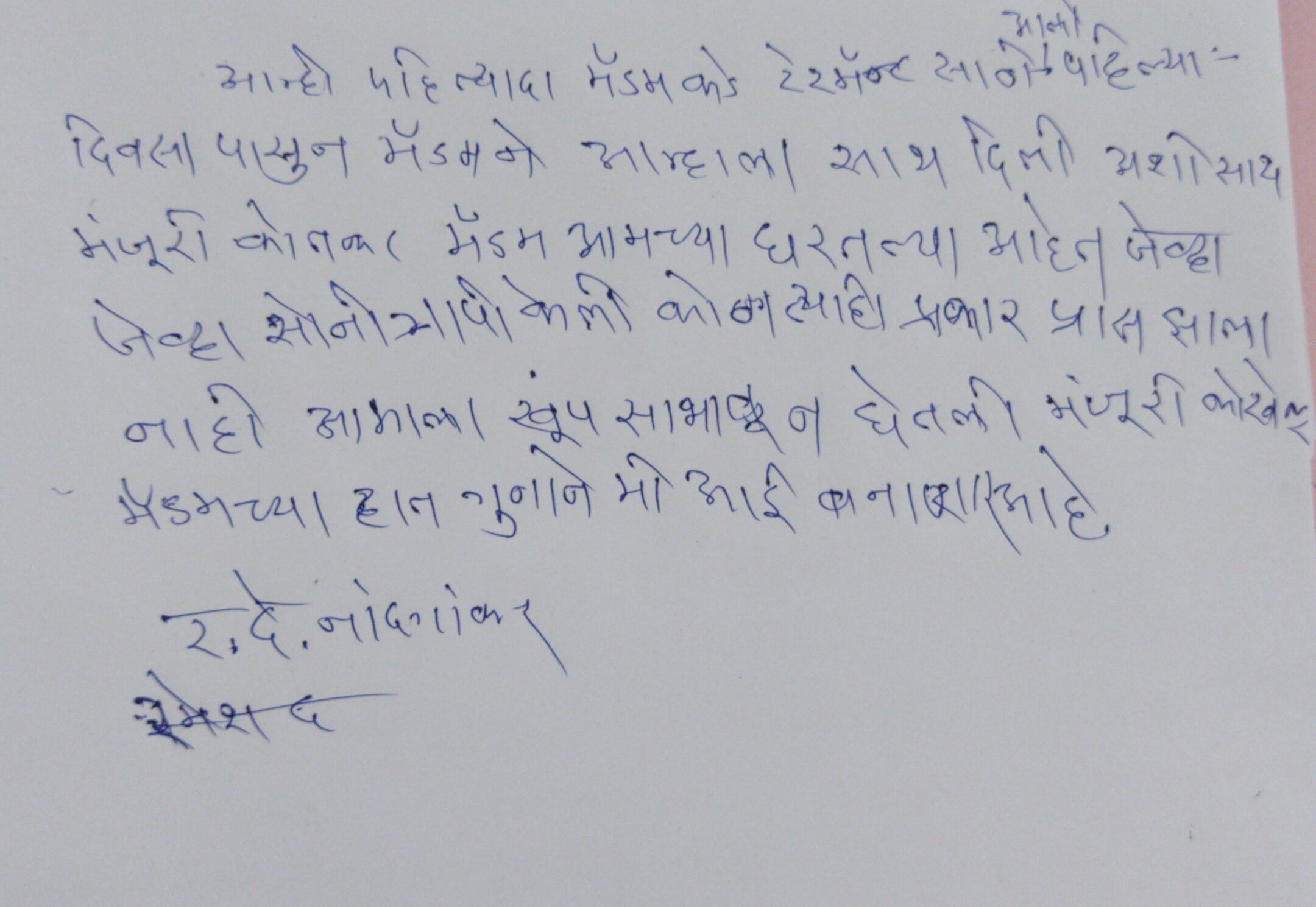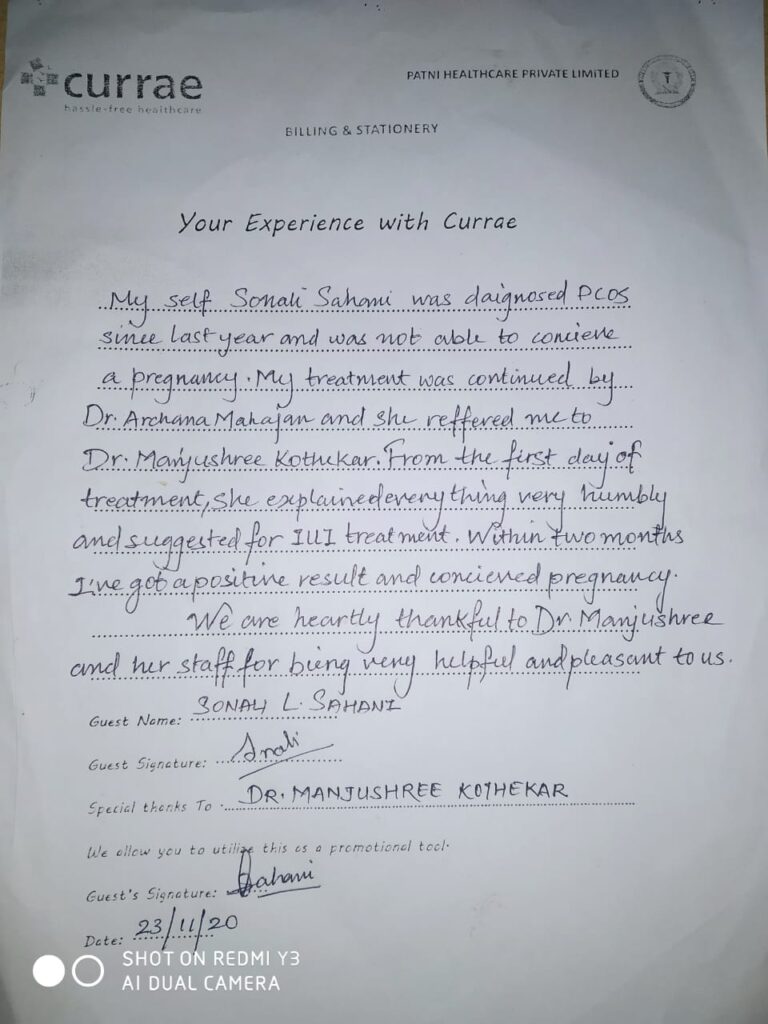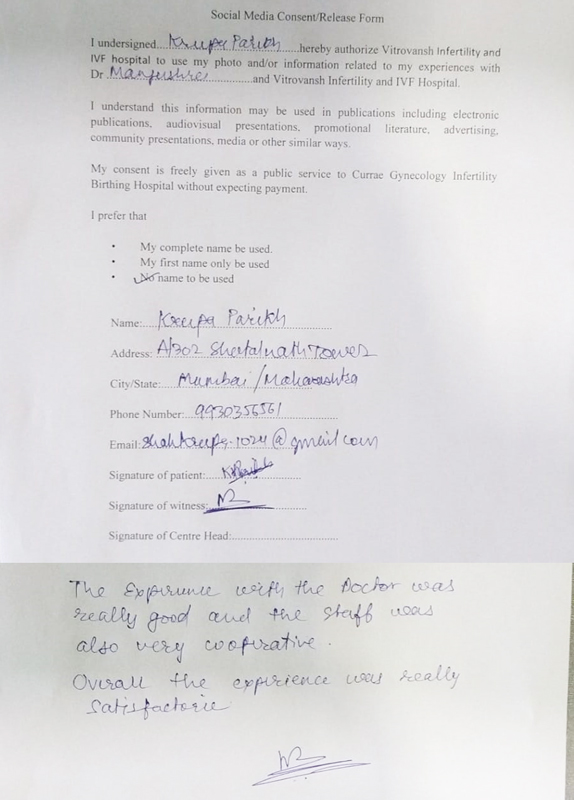ICSI treatment in Mumbai (Chembur)
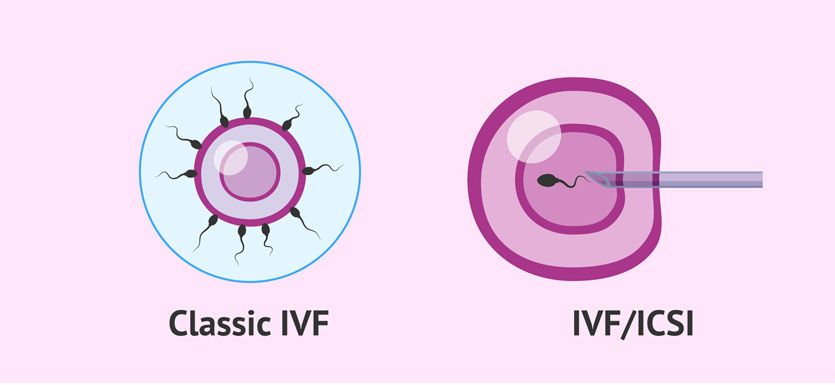
What is ICSI?
Intracytoplasmic sperm injection (ICSI) is a conventional IVF method that uses a new way to fertilize the egg. In general, fertilization happens when a sperm attaches to an egg and penetrates its outer layer.In some medical conditions, the sperm may not be able to enter the egg. In such cases, ICSI might be used in conjunction with IVF to achieve pregnancy. A single sperm is selected and inserted directly into the egg during ICSI.
What Is the Difference Between ICSI and a Standard IVF Procedure?
An egg may be fertilized in two methods during IVF: conventional and ICSI. More than 50,000 sperms are put near an egg in a laboratory dish in the conventional technique. When a sperm penetrates and enters the cytoplasm of an egg, fertilization occurs. A small needle called a micropipette is used in ICSI to inject sperm directly into the egg. After fertilization, the embryo is allowed to develop in the lab for one to five days before being transferred to a woman’s uterus.
Conditions in which ICSI Fertility Treatment is Recommended
ICSI is a component of the IVF cycle and follows the same processes as IVF. ICSI is advised when fertilization is problematic or when male infertility is the root cause of infertility. ICSI is recommended only when the sperm cannot fertilize the egg on its own.
- If sperm motility is low
- The inability of the sperm to attach to an egg
- Blockade in the male reproductive system requiring surgical retrieval of sperms
- Failure of the previous traditional IVF procedure
- Unexplained infertility
The choice to use ICSI is tough, yet it significantly improves the odds of fertilization. If you have unexplained infertility or failed fertilization in prior IVF attempts, the ICSI treatment may be successful.
What is ICSI Technique/Procedure?
The ICSI method is difficult and must be carried out by a trained embryologist. It is performed in a laboratory with IVF.
Sperm retrieval
First, the sperm must be collected from the male partner. Normal ejaculation might be used when the sperm count is low. When this is not an option, needle aspiration or microsurgical sperm retrieval is used. It is a simple and rapid process in which sperms are extracted straight from the testes using a small needle. This surgery is done under anesthesia, so you may experience some pain.
Collecting the eggs
Women will be given fertility medicine in order to create a large number of mature eggs. Under anesthesia, these eggs are extracted from the vagina using vaginal ultrasonography and then cultured in a laboratory under controlled conditions.
ICSI process stages –
1. In a specialized pipette, matured sperm is extracted.
2. To immobilize and select a sperm, a sensitive and small needle is employed.
3. The sperm is then inserted into the cytoplasm of the egg using the needle.
4. The needle is gently withdrawn after administering the sperm.
5. The eggs are tested for fertilization the next day.
The ICSI technique is completed after fertilization occurs. The embryo will then be transferred to the woman’s uterus in two to five days. You will have to wait two weeks before taking a pregnancy test. Your fertility specialist will do blood tests and ultrasounds to confirm pregnancy and to determine whether or not implantation happened properly.
How much time does it take?
Normally, one cycle of ICSI takes four to six weeks to complete.
What are the risks associated with ICSI procedure?
Some chromosomal abnormalities are connected with ICSI, however they may be observed in fewer than 1% of offspring. There seems to be no difference in embryo quality produced with ICSI vs traditional IVF.
What is the success rate of ICSI?
ICSI typically fertilizes 70 to 80 percent of the eggs. The success rates are comparable to those of standard IVF. Couples that use ICSI have a 25% success rate on average. ICSI is a safe procedure that is carried out by a professionally skilled gynecologist. ICSI significantly doubles the chances of conception in cases of severe male infertility. Whether you have low sperm count or ejaculation concerns, addressing these with your fertility specialist can help you understand the treatment options available to solve the infertility problem.
